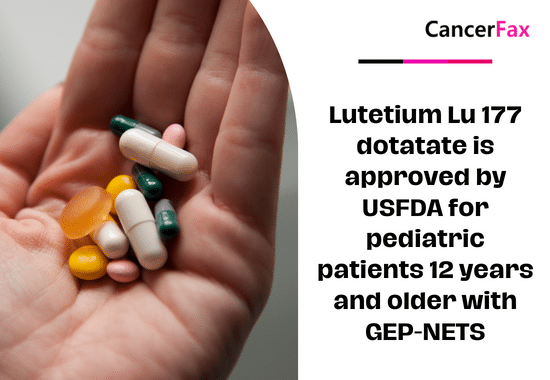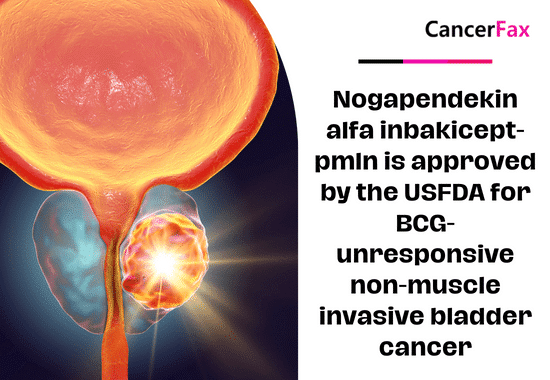A Duke University study has shown that metastatic cancer cells can regulate the metabolic function to reproduce in new organs. Cells derived from colorectal cancer have changed their metabolic habits, making full use of fructose in the liver as much as possible. Once the cancer has spread to different parts of the body, the cancer becomes more deadly, but the treatment does not consider the location of its metastasis and is treated according to the original site. From a genetic point of view, 大腸癌 is colon cancer, no matter where it is transferred. But this does not mean that it cannot respond to the new environment. This response may not be genetic, but metabolic. When cancer cells enter the liver, they are like a child in a candy store, using this abundant new energy to create more cancer cells. In order to feed on fructose, cancer cells need to produce more enzymes that can break down fructose, called ALDOB. Once cancer cells find out how to turn fructose back on, cancer cells will lose control and proliferate. In addition to providing reasons for how cancer proliferates after metastasis, this discovery can also lead to new therapies for metastatic cells. For example, avoiding the use of fructose by eating natural non-processed foods and providing drugs that block the metabolism of fructose may prevent cancer from spreading from other organs to the liver. Since pharmaceutical companies have recently developed new drugs for fructose metabolism to treat metabolic diseases, this crossover therapy may not be far away. Doctors can usually remove the primary tumor. But understanding the causes of cancer metastasis and how to adapt to a new home may provide us with a new weapon against cancer.

癌
ルテチウム Lu 177 ドタテートが、GEP-NETS を使用する 12 歳以上の小児患者向けに USFDA によって承認されました
画期的な治療法であるドタテン酸ルテチウム Lu 177 が最近、米国食品医薬品局 (FDA) から小児患者向けの承認を取得し、小児腫瘍学における重要なマイルストーンとなりました。この承認は、神経内分泌腫瘍(NET)と闘う子供たちにとって希望の光となる。NETは、まれではあるが従来の治療法に耐性があることが多い困難な形態のがんである。
